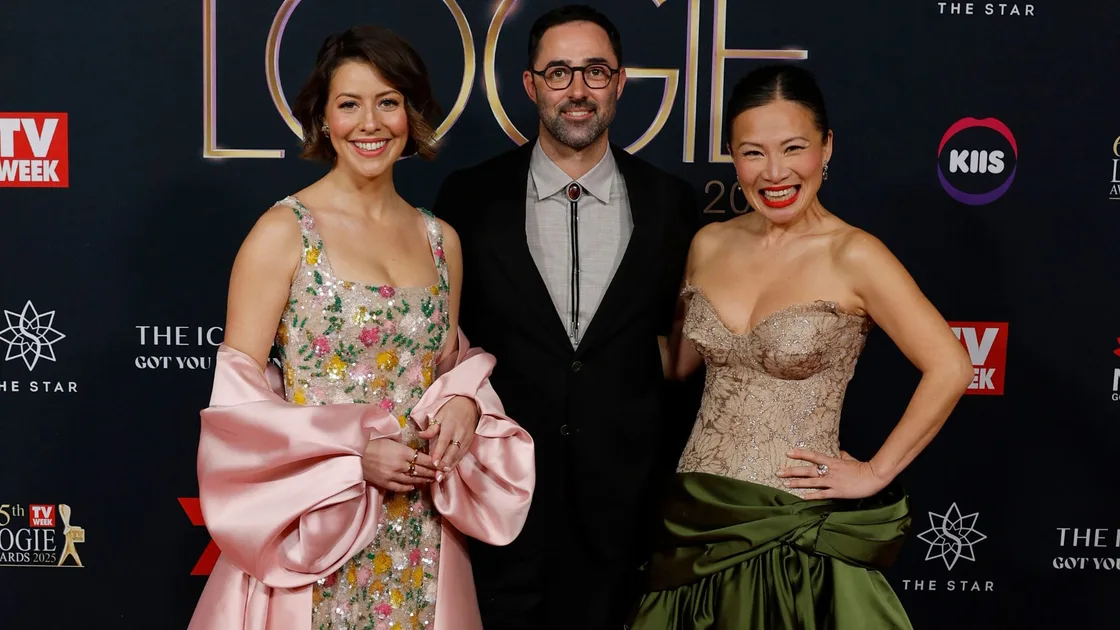Should Australia Have a Poet Laureate? A Look at the Role and its Relevance

The idea of an Australian Poet Laureate might sound a bit grand, doesn't it? It conjures images of tweed jackets and lofty pronouncements. But let's delve a little deeper. The concept, borrowed from the UK system, raises a crucial question: do we need a Poet Laureate in Australia, and what would their role actually entail?
Historically, the UK's Poet Laureate received a stipend (a form of payment) in exchange for composing poems, primarily to commemorate significant national events. However, the specific responsibilities were, and often still are, rather nebulous. The brief is vague, leaving a lot of room for interpretation. Is it simply about penning verses for royal birthdays or national tragedies? Or should the role encompass something more – a deeper engagement with the Australian cultural landscape?
The Potential Benefits of an Australian Poet Laureate
There's a compelling argument to be made for establishing such a position here. A Poet Laureate could act as a powerful advocate for poetry and the arts, raising the profile of both within the community. They could inspire creativity in schools and encourage wider participation in literary activities. Imagine a Poet Laureate actively touring regional areas, conducting workshops, and engaging with diverse audiences – fostering a love of language and storytelling across the nation.
Furthermore, a well-chosen Poet Laureate could provide a unique voice to reflect on contemporary Australian life. Their poetry could explore issues of national identity, social change, and the environment, offering insightful commentary and sparking important conversations. Think of the potential for poems that grapple with the complexities of reconciliation, the challenges of climate change, or the beauty of our unique landscapes.
Challenges and Considerations
However, the concept isn't without its challenges. The selection process would be paramount. Who decides who becomes Poet Laureate, and on what criteria? It's crucial to avoid a purely political appointment and ensure the chosen individual possesses genuine poetic talent, a strong connection to the Australian community, and a willingness to engage with a broad audience.
Funding is another key consideration. The role would require adequate financial support to allow the Laureate to dedicate sufficient time and resources to their responsibilities. And, perhaps most importantly, we need to define the role clearly. What are the expectations? Is it primarily about commissioned poems, or should it encompass broader activities like mentoring, public speaking, and artistic collaborations?
A Modern Approach
Perhaps the UK model is outdated. Instead of simply rewarding past achievements, an Australian Poet Laureate could be envisioned as a champion for contemporary poetry – a dynamic figure who actively fosters creativity and engagement. They could collaborate with emerging poets, curate poetry festivals, and use digital platforms to reach new audiences. A modern Poet Laureate would be an ambassador for Australian poetry, both at home and abroad.
Ultimately, the question of whether Australia needs a Poet Laureate is a complex one. But with careful planning, a clear vision, and a commitment to supporting the arts, it could be a valuable investment in our cultural future. It’s a conversation worth having, a debate worth pursuing, and a potential opportunity to celebrate the power of words in a uniquely Australian way.






